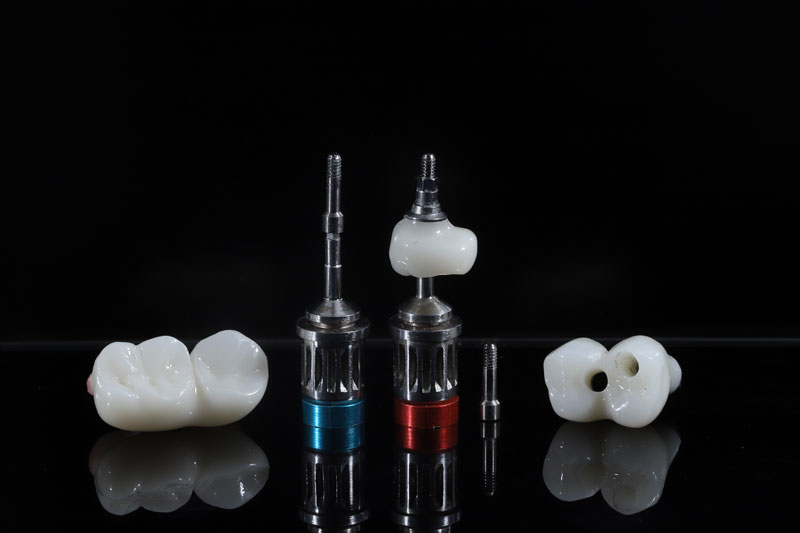Breaking Down Dental Crowns and Insurance Coverage
A dental crown is a custom-fitted cap placed over a damaged tooth to restore its shape, function, and appearance. These crowns are commonly used for teeth weakened by decay, fractures, or after a root canal procedure. The materials used for crowns vary, including porcelain, ceramic, metal, or a combination, each affecting durability and aesthetics. Dental crowns are a crucial restorative solution, but their cost can concern many patients.
Understanding how insurance covers dental crowns can help alleviate financial worries. Most dental insurance plans categorize crowns as major procedures, which means partial coverage is common but varies by provider. Factors such as deductibles, co-pays, and annual maximums impact the final out-of-pocket cost. Patients should check with their insurance provider to understand specific benefits, coverage limits, and pre-authorization requirements before undergoing treatment.
Key Factors Influencing the Cost of a Dental Crown
Several factors influence the cost of a dental crown, making prices vary widely between dental offices and regions. The material of the crown plays a significant role in determining the price. Porcelain or zirconia crowns offer a natural appearance but can be more expensive than metal-based crowns. Gold and metal alloy crowns are durable but less common due to their noticeable appearance.
The complexity of the procedure also affects the overall cost. If additional treatments such as root canals, tooth extractions, or gum contouring are needed, expenses will increase. The geographic location of the dental practice influences pricing, as urban areas often have higher rates than rural locations. Finally, the experience and expertise of the dentist can impact costs, as specialists may charge higher fees for their advanced skills and technology.
How Insurance Helps Reduce Dental Crown Expenses
Dental insurance can significantly lower the cost of a crown, but coverage varies depending on the policy. Most insurance providers classify dental crowns as a major procedure, meaning coverage typically ranges from 40% to 80% of the total cost. However, policies often require a waiting period before covering major dental work.
Insurance providers may only approve crowns if the procedure is deemed medically necessary rather than cosmetic. Pre-authorization is often required, meaning patients should consult their dentist and insurance company in advance. Understanding policy details, including exclusions, frequency limitations, and network provider requirements, can prevent unexpected costs.
Understanding Deductibles, Co-Pays, and Out-of-Pocket Costs
Even with insurance, patients may still face out-of-pocket costs due to deductibles, co-pays, and annual limits. A deductible is the amount a patient must pay before insurance begins covering expenses. For example, if a policy has a $500 deductible and the crown costs $1,200, insurance may only contribute after the deductible is met.
Co-pays and co-insurance also affect the final amount due. The patient is responsible for the remaining half if insurance covers 50% of a $1,200 crown. Many policies include an annual maximum, which is the total amount insurance will pay in a given year. If a patient reaches this limit, they will need to cover any additional costs out-of-pocket.
Effective Ways to Save on Dental Crowns
Several strategies can help reduce the cost of a dental crown, even with insurance. Choosing an in-network dentist can maximize benefits since insurance companies negotiate lower rates with participating providers. Many dental offices also offer payment plans or financing options to spread costs over time.
Preventive care plays a vital role in reducing dental expenses. Regular check-ups, cleanings, and early cavity treatments can prevent the need for extensive procedures like crowns. Additionally, patients should explore dental discount plans, which provide reduced rates for procedures outside traditional insurance coverage.
Preparing for Your Dental Crown Appointment
Patients should gather the necessary documentation, including insurance details and prior treatment history, before scheduling a dental crown procedure. Asking the dentist for a breakdown of costs and available payment options ensures there are no financial surprises.
It’s also beneficial to discuss the timeline of the procedure. Some dental crowns require multiple visits, while others may be completed in a single appointment using advanced technology. Understanding what to expect allows patients to plan accordingly and feel more comfortable with their treatment.
Expert Guidance for Dental Crown Solutions
Dr. Aaron Cohenour provides comprehensive care and guidance for patients navigating dental crown costs. With extensive experience in restorative dentistry, he ensures that each patient receives high-quality treatment tailored to their needs. By working with insurance providers and offering flexible financing options, he helps make dental crowns more affordable.
His patient-first approach focuses on education, transparency, and long-term oral health. Patients can trust that they receive expert care committed to achieving durable, natural-looking results. Those considering dental crowns can benefit from a consultation with Dr. Cohenour to explore their options.


